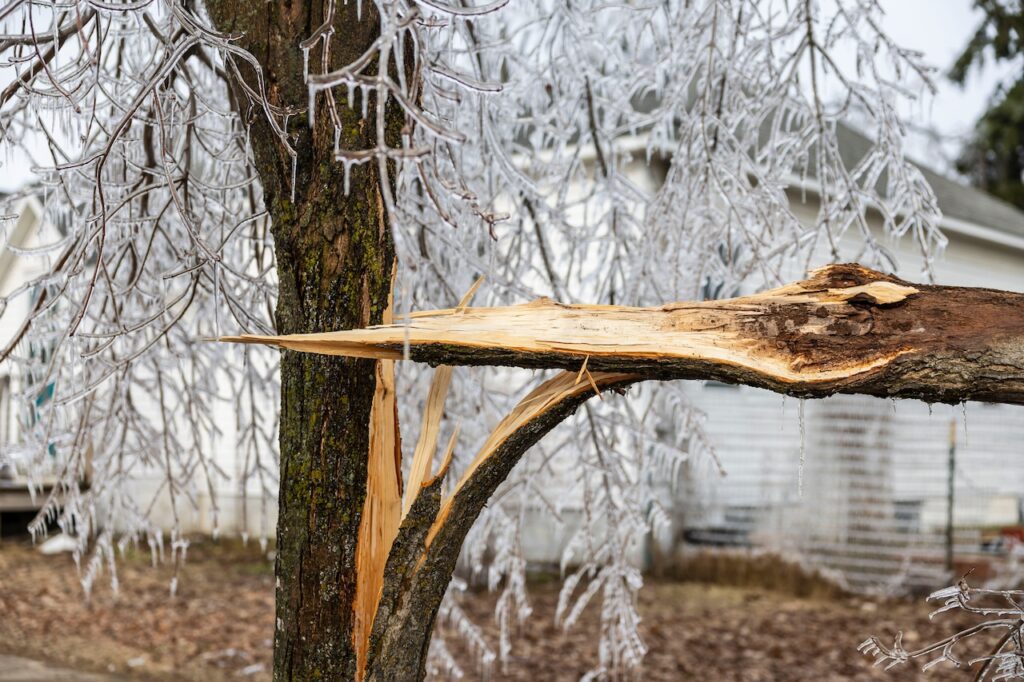In Emmett County, Michigan, researchers from the University of Michigan’s Department of Biology are conducting aerial surveys to assess damage from a spring ice storm across 10,000 acres of forests. Utilizing aircraft equipped with advanced sensors, the team collects data on tree height and forest structure, which is essential for understanding the long-term impacts of climate change on forest ecosystems.
This project, funded by the National Science Foundation, aims to analyze how forest shape relates to its function and to predict climate-related vulnerabilities. The researchers are referencing historical data from ice storms in New Hampshire and Quebec to explore forest responses to such disturbances.
The recent ice storm has added considerable debris, increasing wildfire risks in northern Michigan. Early observations indicate varying levels of damage among tree species, with some trees completely uprooted while others remain bent yet intact.
As the study continues, researchers aim to track the resilience of approximately one million acres affected by the storm. The data gathered will inform future forest management practices and enhance strategies for mitigating climate change effects. Preliminary results are expected within a year, with ongoing funding extending the project until summer 2026.
Source link


